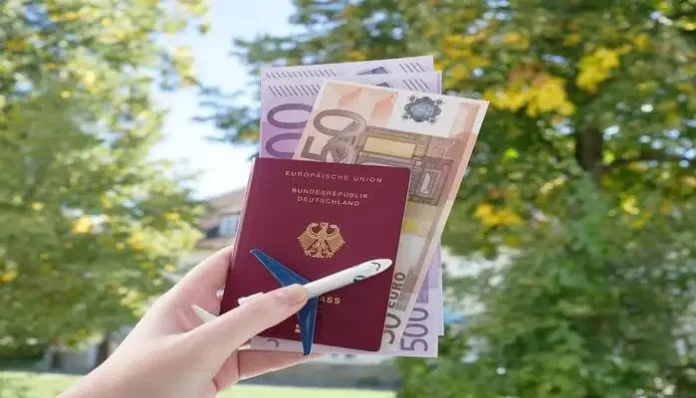The government of South Korea has implemented new measures to support international students. Starting from July 3, the authorities have increased the maximum number of working hours for international students.
Under the new policies announced by the Ministry of Justice, undergraduate and associate degree-seeking international students will see a change in their weekly working hours. The previous limit of 20 hours per week has been raised to 25 hours. Students enrolled outside major cities will now be allowed to work up to 30 hours per week.
The Ministry of Justice stated that these measures aim to improve the support system for foreign students and help them adapt to social life in South Korea.
Additionally, international students who demonstrate a high level of proficiency in the Korean language will have the opportunity to work additional hours per week.
Furthermore, the ministry has made changes to the student visa application process. The required amount of funds for student visas has been lowered, and visa fees will now be evaluated in South Korean Won instead of US dollars.
According to Korean media reports, applicants for a D-2 student visa will need to provide a bank statement showing a minimum balance of 20 million won in their accounts, compared to the previous requirement of 26 million won ($20,000). Language school students applying for D-4 visas must have a minimum of 10 million won in their bank accounts.
The ministry’s reforms also include easing the rules for students who wish to stay and work in South Korea after graduation. The required number of years in Korea for a longer-term E-7-4 visa has been reduced from five years to four years, and hiring restrictions on foreign workers have been relaxed for Korean employers.
These changes reflect a shift in South Korea’s immigration policy to attract more skilled foreign graduates. Last year, South Korean higher education institutions experienced a record influx of approximately 167,000 international students, the highest since 2013.


